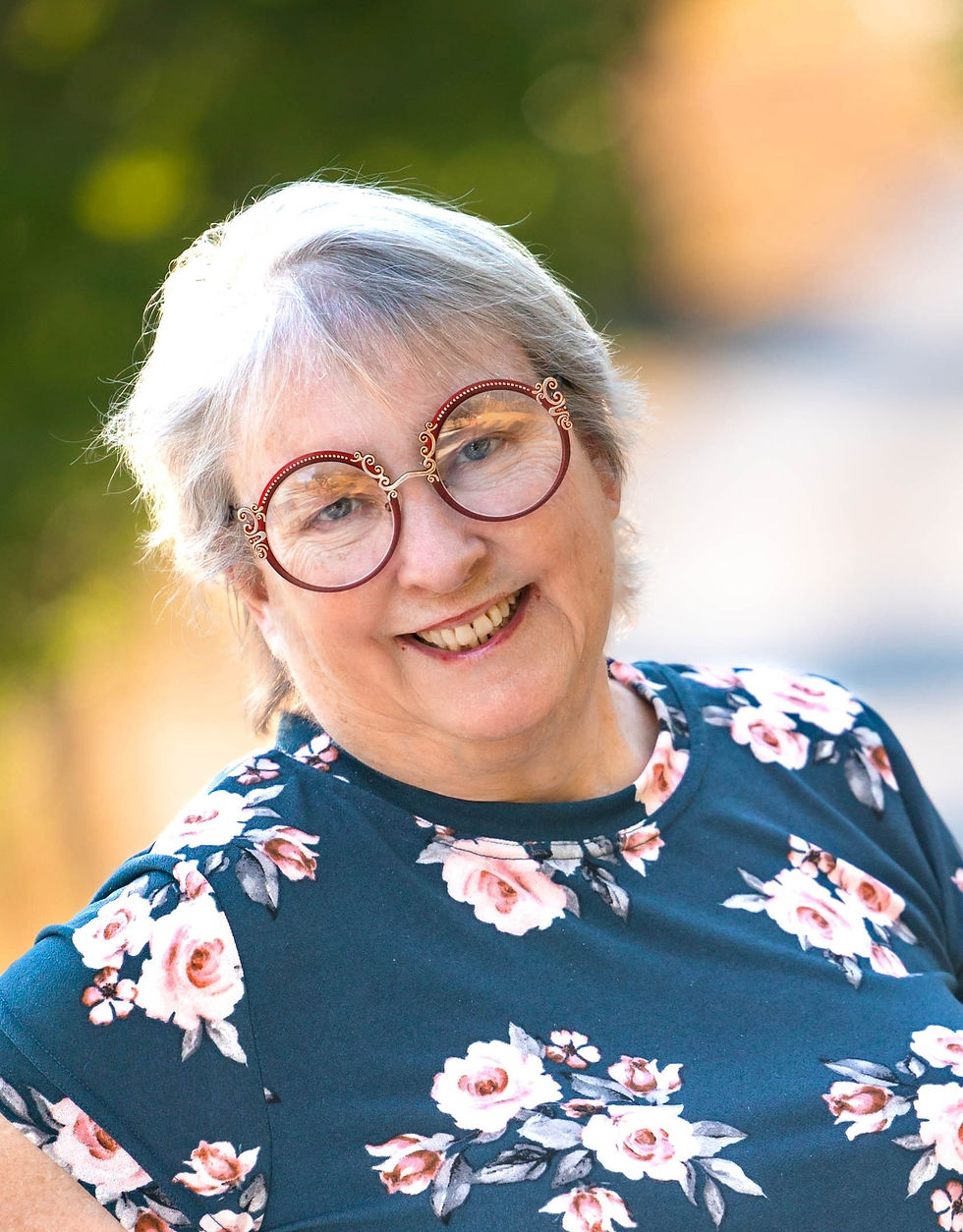Leaving a Legacy: Storytelling
- April Tribe Giauque

- Mar 18, 2024
- 3 min read
Guest Blog: Rebecka Vigus
How many of you are of an age where you think of the legacy you can leave your loved ones? One of the most important things you can leave is the stories—those told by your grandparents and your parents, those that include their values and beliefs, the things your parents instilled in you. You can write children’s books for your grandchildren or great-grandchildren.
It seems daunting, but it’s easier than you think. Many times, children will ask you to tell them a story. You oblige and tell them something that shows your values and beliefs, something with a lesson they can learn. Get someone to record the story. It doesn’t matter if you skip something or have to go back and repeat part of the story to refresh your train of thought; in typing it into a book, it can be edited out.
Maybe you are a young parent and makeup stories to tell your children at bedtime. Record them. I did that when my daughter was little but failed to record them. I wish I had written them down, as my grandchildren would have enjoyed them.
Writing is helpful to many people who write in journals to work through a traumatic experience or a life-changing illness, whether terminal or not. Each of those journals can be made into a book or memoir. If they reach one person going through something similar, you may be giving hope to someone. You may change or save a life.
Words are powerful. They change lives and pass on family information. Lately, people are trying to trace their roots. There are stories in your past. Some people are of an age where if they don’t tell stories and have someone write them down, they will be lost. Don’t let them be lost.
Pictures. If you have old photos, be sure to write who they are. Someday, when you are not around, someone will want to know who these people are and how and where they fit in your family.
Where Do You Start?
Wherever you want, with a journal, with a recorded story, with a snippet of your life. My memoirs, if ever written, would be in snippets: the time I broke my brother’s leg or when I was jumping a foot-high chain link fence, and my shoe caught on it and broke my nose. I will put them in order one day.
You can find someone who teaches legacy writing or buy a book that will walk you through writing your own book. Start journaling the stories someone told you as a child. The ones that were your favorites. Once you have written a few of them down, start telling them to your children, grandchildren, and/or great-grandchildren. Look for their reactions. Then, get them put into a book. They will make great gifts. They will last for generations. I truly believe everyone has a story to tell. This has become my mantra.
Often, people don't know how or where to start when they want to write a fictional book. They may fear being ridiculed. In this book, Rebecka Vigus gives you all the tools needed to begin writing and finish a book. It's as simple as finding a writing space, keeping a daily journal, and setting a deadline for yourself. Make the time to start and finish your story/book, sit down to write regularly, and keep track of how you are progressing. Before you know it, you've accomplished your dream of writing your book.
Facebook: https://www.facebook.com/rebecka.vigus
LinkedIn:
Join us LIVE on Tuesday, March 19, 2024, at 6:30 pm Mountain on the Beacon of Light Podcast, where she will share everything about writing fiction!








Comments